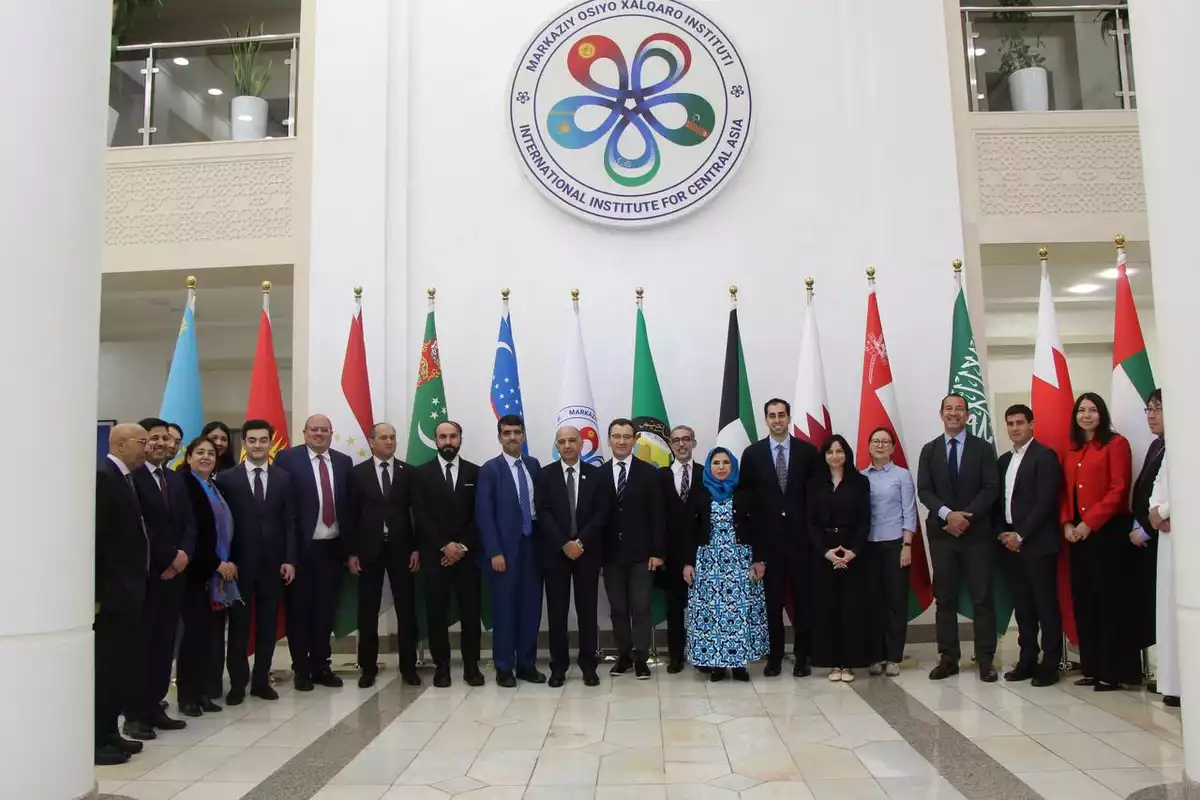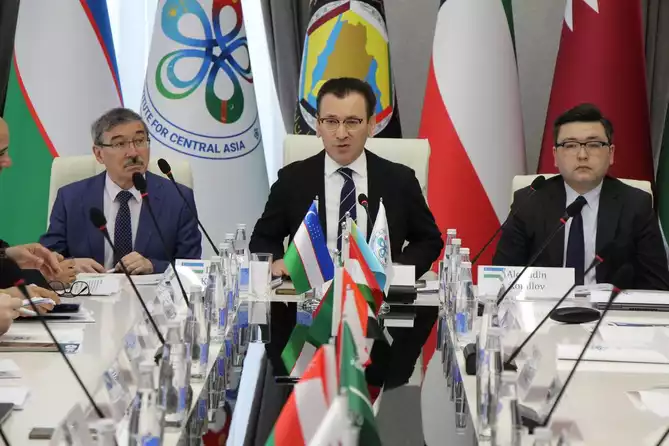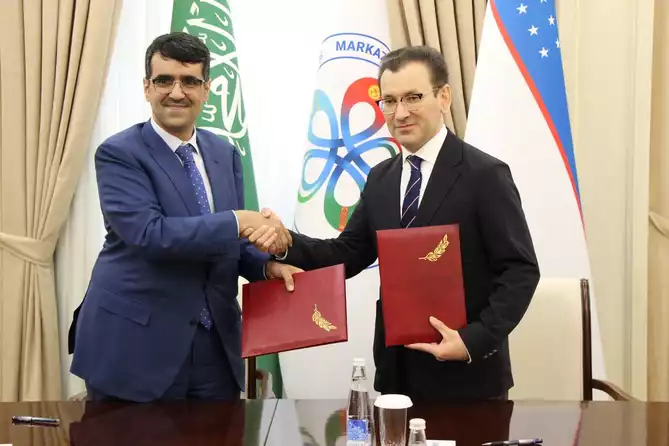
Photo: uza.uz
Tashkent hosted the inaugural Forum of Think Tanks from Central Asian countries and the Gulf Cooperation Council (GCC), organized by the International Institute for Central Asia (IICA) in collaboration with the Bourse & Bazaar Foundation.
The event took place ahead of the Second Summit of Central Asian and GCC Leaders, scheduled for May 5 in Samarkand, The Caspian Post reports citing Uzbek media.
Over the course of two days, more than forty experts, entrepreneurs, and political analysts discussed prospects for deepening interregional cooperation. Special attention was given to issues of economic connectivity, humanitarian exchanges, and the institutionalization of dialogue.

The forum placed a strong emphasis on the humanitarian dimension. During a dedicated session, participants were presented with the results of a public opinion survey conducted in the capitals of Central Asian countries regarding perceptions of the Gulf states. The findings inspired concrete proposals to expand academic exchanges, youth programs, cultural initiatives, and collaboration among NGOs, media outlets, and expert communities.
Special attention was also given to Afghanistan, which is recognized as a crucial element of regional stability. Participants underscored the importance of involving GCC countries in infrastructure and humanitarian projects within Afghanistan, noting that such engagement could contribute to developing sustainable transport, trade, and social linkages across the region.
The forum’s final sessions focused on transitioning from strategic discussions to concrete cooperation mechanisms, including harmonizing legal frameworks, enhanced security collaboration, and the development of human capital.

At the closing briefing, the Director of the International Institute for Central Asia (IICA), Javlon Vakhabov, Executive Director of Crossroads Central Asia, Aijan Sharshenova, Waseda University Professor Abdullah Baabood, and Bourse & Bazaar founder Esfandyar Batmanghelidj summarized the forum’s outcomes. In their view, the event served as a platform for exchanging ideas and marked the beginning of a unified expert space capable of influencing regional integration processes.
Javlon Vakhabov emphasized that the Forum of Think Tanks from Central Asia and the Gulf Cooperation Council laid a solid foundation for sustainable collaboration. The developed roadmaps and initiatives will be submitted to government bodies, businesses, and academic institutions to translate dialogue into policy and ideas into actionable projects. According to him, this forum is only the beginning of a long-term and adaptive partnership, the spirit of which, fostered in Tashkent, will be preserved both in the preparations for the Samarkand Summit and in future endeavors.
Share on social media